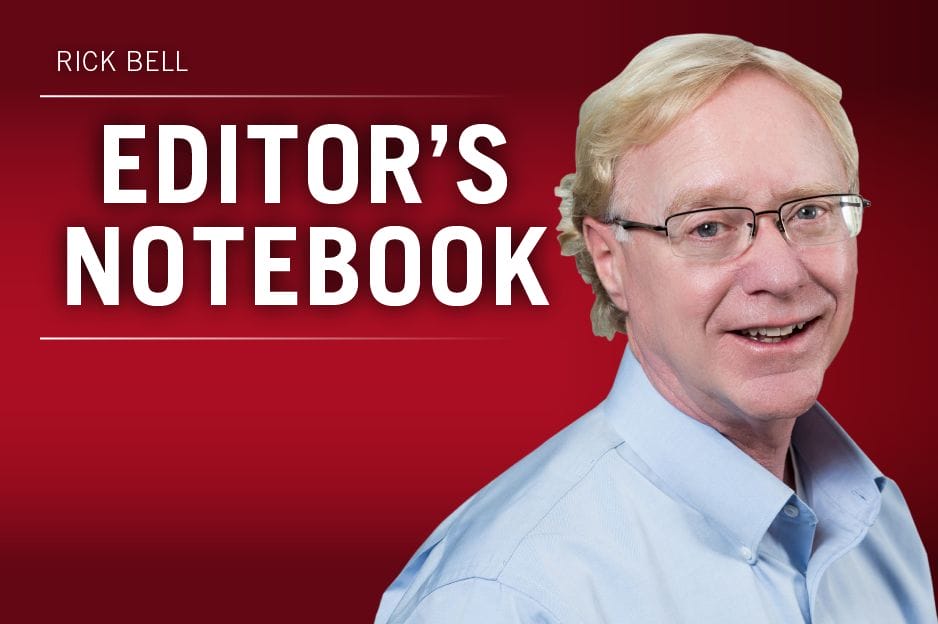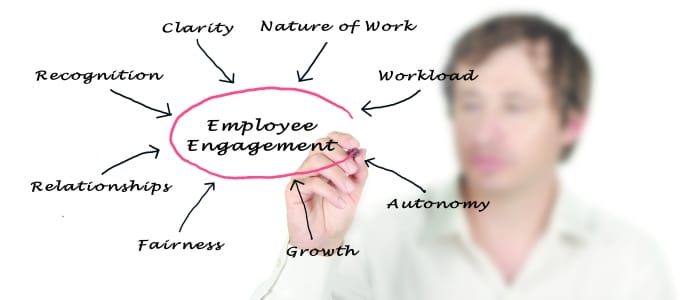Getting together with old high school chums, not surprisingly, can be an eye-opening experience.
There’s bigger guts, less hair and a divorce rate approaching Tom Brady’s lifetime passer rating. There’s also bragging on our overachieving children and woebegone tales of trips in our youth that never should have happened. “How did we ever survive high school?” is an all-too-common refrain as these stories unfold, followed by a long pause, a collective shaking of heads and, “OK, who needs another beer?”
For the most part I was prepared for all of that. But no 20-pound fish tale or boastful memory of eighth-grade on-court hoops supremacy could have prepped me for a question that hit me from the blind side not once, not twice, but five times in one afternoon.
“Are you retired yet?”
Me (somewhat befuddled): “Umm, well, no … no, I’m not,” I sputtered after the initial query. By the third round of questioning I had abandoned the “Umm, well” and the “no, I’m not” for a much more direct, succinct, “No.”
I guess I shouldn’t have been shocked at the question. Early retirement is not some new concept created by Silicon Valley entrepreneurs. My dad retired as a union plumber in his mid-50s and spent his encore career as the World’s Greatest Grandfather. Heck, Andre Ethier is 35 and officially retired in August after making $115 million over 12 seasons playing for the Los Angeles Dodgers.
It’s just one of those age-appropriate questions that I should have expected to hear. Sort of like when you’re 18 and it’s “you don’t have a fake ID yet?” or at 40 and, “Viagra or Cialis?”
Considering that most of those friends are retired now, I admit to a little pang of jealousy. They may or may not have a daily routine; they work on their boats and kayak on their local lake whenever they feel like it, and they hit up day baseball games. Like, why them and not me?
Well … most of them entered the trades straight out of high school, joined a union, got really good at their jobs and could retire after 30 or 40 years with a pension.
I chose to put my hands on a keyboard instead of a wrench and got into journalism. No pension. No boat. No weekday baseball games. However, I am part of a profession whose members are considered enemies of the state, according to our president. So I have that going for me.
And no retirement yet.
For my friends, their retirement from the daily workforce did not come without sacrifice. Bitterly cold winters on a construction site, scorching summers toiling over freshly laid asphalt and hopping in and out of delivery trucks schlepping barrels of beer or 60-pound freight packages takes a physical toll.
But a trustworthy employer and a strong union assured their retirement — and my dad’s and Andre Ethier’s, for that matter — at a relatively young age.
I have a feeling they are among the fortunate ones — or at least they are smarter than the average enemy of the state. As traditional employer-funded pensions fizzle and employees take greater responsibility for funding their retirement, a recent study from the Consumer Bankruptcy Project reveals that people 65 and older are filing for bankruptcy three times more than the rate in 1991.
A shrinking social safety net combined with longer waits to maximize Social Security benefits, pensions being replaced by 401(k) plans and ever-increasing health costs are driving this spike in bankruptcies, the study suggests.
What can U.S. organizations do to help stem this alarming trend? Frankly, we can’t expect companies to foot more of the direct costs of retirement — in other words, re-instituting pensions — just for altruistic reasons.
Generation X will likely rely on today’s model of a defined contribution plan as the bulk of their retirement planning. But what awaits Gen Y and Z?
Is there a fresher, more innovative solution than what we have today — a 401(k) with a financial well-being service tacked on? We live in a hyperdisruptive economy crying out for retirement reform that cuts across political partisanship.
Business leaders can step up, too, not necessarily tapping their coffers but opening their mouths and minds to help solve the pending retirement crisis.
I am truly happy for my retired friends as they pursue their personal passions. They worked decades to achieve it. There are many with meaningful jobs at 65, but others — those stuck in the work-to-live category — deserve a shot to get out on a lake after years of toiling away, too.
Because really, wouldn’t you prefer the option of sitting in a kayak on some serene lake versus sitting behind a desk when you’re 65?
Rick Bell is Workforce’s editorial director. Comment below or email editors@workforce.com.










